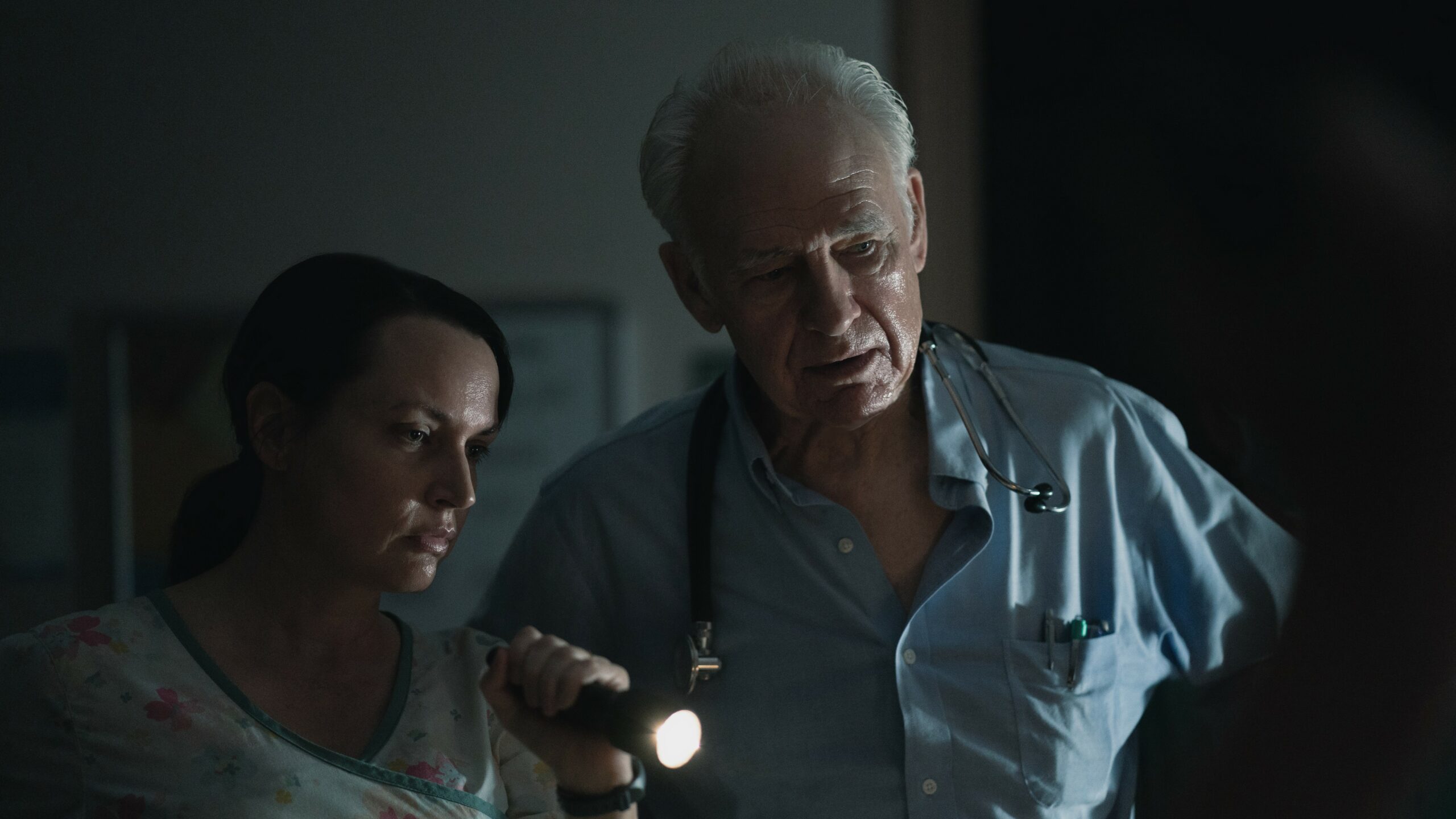On August 29, 2005, Hurricane Katrina hit New Orleans. Thousands of people lost their lives as storm force winds wreaked havoc, leaving emergency services stretched to breaking point. Five Days at Memorial, which hits Apple TV Plus from August 12, gets under the skin of that moment in history, to shed some light on what went down.
With a star-studded cast of character actors including Vera Farmiga (Hawkeye) and Julie Ann Emery (Better Call Saul), this Carlton Cuse-crafted adaptation of the nonfiction Sheri Fink book should be more engaging. With Oscar-winning screenwriter John Ridley (12 Years A Slave) also part of the brain trust, every moment of this hospital-based melodrama should be grueling to watch.
That is not to say Five Days at Memorial fails to capture the interpersonal conflicts, moral quandaries, or ethical conundrums which audiences will expect. However, what is missing for much of those first three episodes is any sense of tension. Having made it through the first night of some genuinely terrifying weather, time is spent establishing character and allowing the actors to shape their performances.
Unfortunately, in spite of some devastating stock footage, heartbreaking radio bulletins, and Poseidon Adventure levels of destruction, the show struggles to connect. It only really finds some traction after three hours, when distrust and resentment get a foothold, and some savage decisions need making.

Beyond the standout performances from the mammoth ensemble, Five Days at Memorial only really gets interesting when audiences see people buckle under pressure. Aside from the lack of help from a government ill-equipped to deal with disasters on this scale, there is also the matter of widespread looting outside, and threats of violence which escalate inside.
As generators go down, temperatures go up and life-changing choices are made, the series finally starts to deliver some real drama. An outside perspective is supplied through Mark LeBlanc (JD Evermore), who has an ailing mother inside, while within, hospital administrator Susan Mulderick (Cherry Jones) holds things together.
In many ways, it is the pedigree of those involved that will keep people watching, since Cuse was instrumental in orchestrating Lost, one of the most convoluted-yet-compulsive shows ever made. If you throw in the stone cold cool of John Ridley as well, then viewers should know that Five Days at Memorial is about much more than one hospital imploding due to flood water.
Key moments which give an indication of the agenda beyond the drama can be traced back to a casual shot of Air Force One flying over New Orleans. Homes are destroyed, families are cut off, and the populace have gone native as survival instincts kick in. Similar to Oliver Stone’s World Trade Center, which vividly depicted another snapshot in American history, Five Days at Memorial aims equally high.

It intentionally puts you inside a powder keg of conflicting agendas, which only become more complicated as the minutes tick by. Another dramatic element which opens almost every episode, is a vox pop one-to-one interview segue, featuring different characters each time. Not only does it break up the structure by allowing audiences to see these people outside of Memorial, but it also adds another layer to things by introducing the notion of retrospective blame.
Finger pointing under pressure is purely the result of self-preservation, whether that comes down to prioritizing patients according to their condition, or manipulating situations and people for maximum advantage. Ultimately, that is where Five Days at Memorial remains most successful, as it gradually peels back the onion of human behavior to reveal what lies beneath.
However, whether audiences are prepared to trawl through this much suffering just to be better informed remains to be seen. With over five and a half hours of screen time to inform, educate and enlighten audiences on the disaster that was Hurricane Katrina, attention spans will wander. At times, the sheer breadth of this tragedy is overwhelming, as some truly terrible decisions are made by people running on empty.
It is something audiences need to know going in, as Five Days at Memorial is no day the beach when it comes to depicting human suffering. However, whether that adherence to realism adds anything else to this all too human drama is up for debate.










Published: Aug 7, 2022 01:09 pm